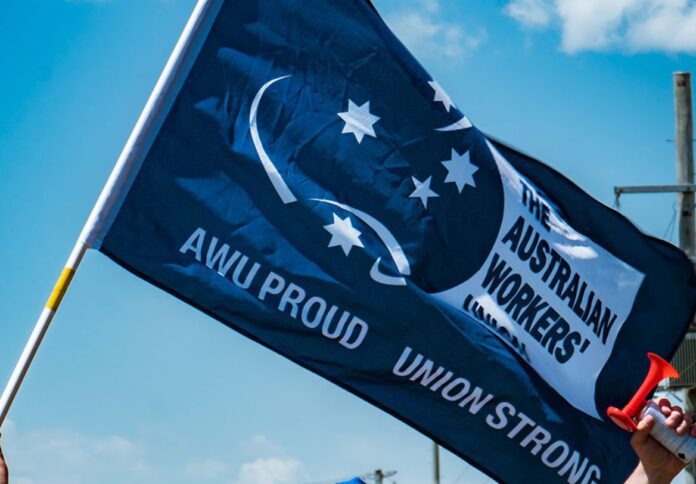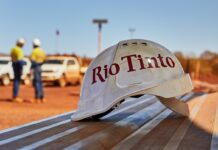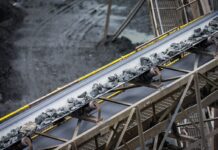
The Australian Workers’ Union (AWU) is set to engage in discussions with Qenos leaders and administrators to prioritise the interests of workers during the administration process and secure the future of the Altona site.
AWU National Secretary Paul Farrow stressed the importance of prioritising the welfare of workers, stating, “Unfortunately, this is not the AWU’s first rodeo, and we will be pulling out all stops to ensure the workers’ interests come first.”
Amid uncertainties surrounding the fate of the Altona site, the AWU said it is determined to explore all options to retain operations.
The organisation said discussions with administrators and Qenos management are scheduled to ensure every effort is made to protect the rights of workers.
Farrow highlighted assurances from Qenos Group’s new owner, LAOP Bidco, regarding a proposed Deed of Company Arrangement aimed at funding employees’ pre-appointment entitlements, including redundancy. This agreement is expected to undergo court ratification in the coming days.
In addition to the direct effects on workers, Farrow cautioned about wider consequences, alerting the government to the precarious condition of energy-intensive sectors.
“We are currently on a trajectory to lose core elements of our sovereign capability. Qenos is one of only two local producers of plastics that make products like food packaging, cable insulation, and council bins,” Farrow remarked.
He added, “Without this capability, Australia would be further at the mercy of unstable global supply chains to meet our essential daily needs. Qenos was also set to be crucial to plans to recycle thousands of tonnes of plastics locally.”
The potential shutdown’s ripple effects extend to businesses sharing resources and facilities at Botany Industrial Park, where Qenos operates.
The AWU said it plans to engage with these businesses and lobby the government to ensure adequate support to prevent closures.
Moreover, Farrow reiterated the importance of affordable and accessible gas supply, particularly for local manufacturers, to maintain a robust manufacturing sector.
“The Albanese’s Future Made in Australia program is an excellent program that we support, but if Australia wants to be a manufacturing powerhouse tomorrow we can’t allow our established manufacturing base to collapse today,” he concluded.




















